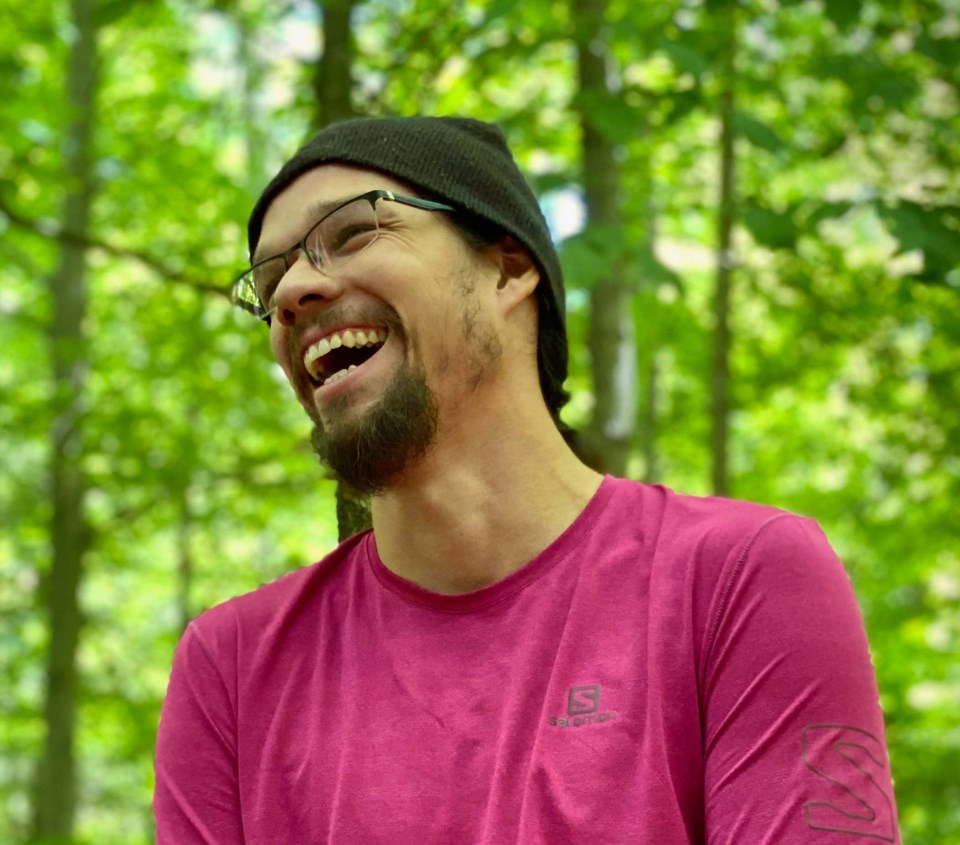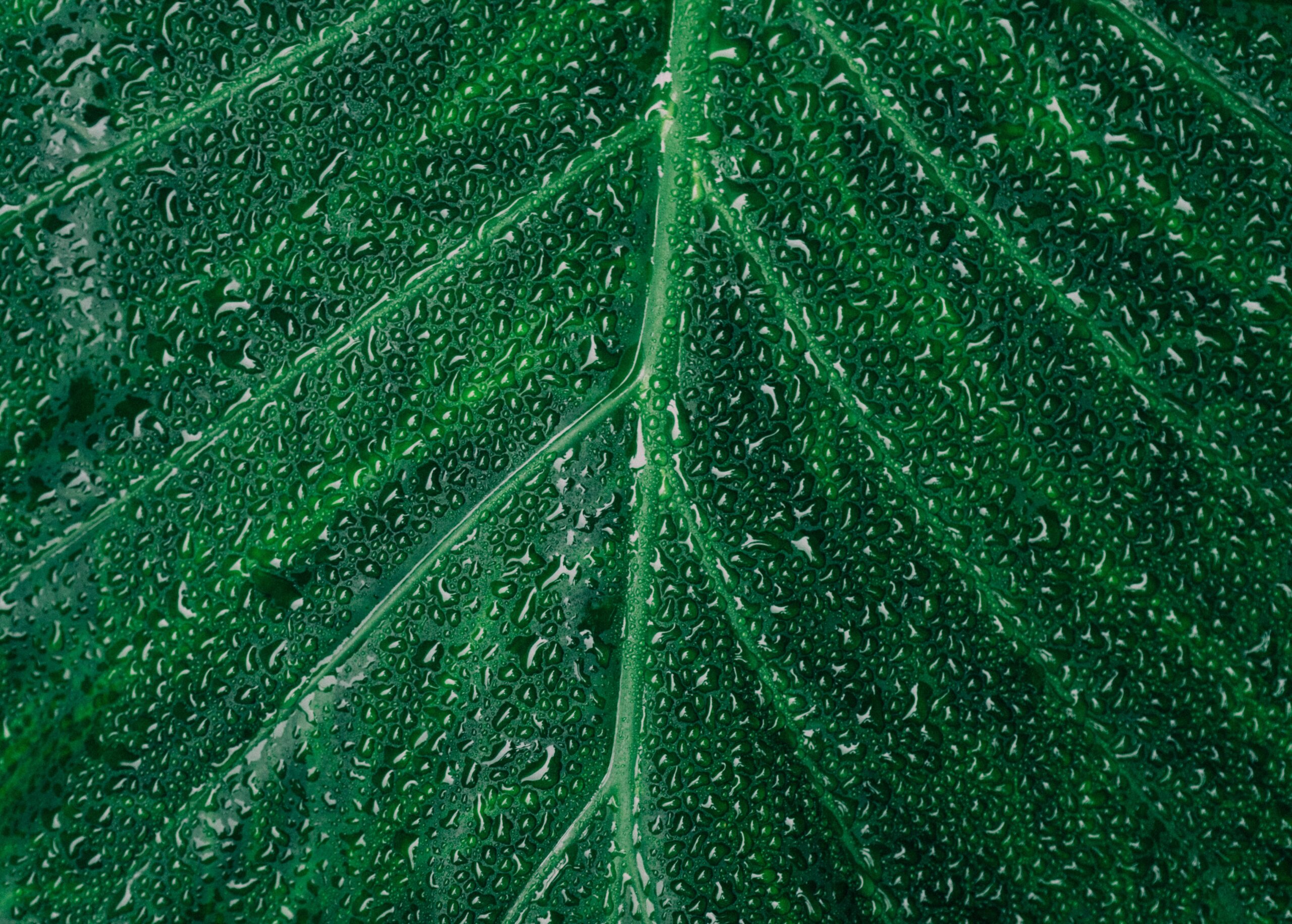Joe Pitawanakwat (JP): (Laughs). This is one of my favorite ideas. So, I think that in our creation story, there's a moment where the first person was created, and this first person was lying lifeless inside of a shell. That shell is a representation of all of the elements that were already created up until that point, which was everything. And so we are a representation of that. We're a culmination of all of the elements that make up Earth.
Science World (SW): That’s Joe Pitawanakwat. He’s an Indigenous educator who specializes in plant-based medicine.
JP: The way that medicine works is that these medicines were used to create certain parts of our body. And when you can find the source, like say there's… we have our kidneys, if you could find the medicines, the plants that were responsible for forming that part of our body, then they contain within them (the plants contain within themselves) an original instruction. And so, the way that medicine works is you consult with that original instruction. When something is wrong with your kidneys, you say, “Well, you are responsible for creating this part of my body, and so, you contain within you an original instruction, and so, you will teach my kidneys how to work properly.”
SW: Joe is explaining a practice called "The Doctrine of Signatures," which is a focus of the teachings he delivers through Creators Garden, an Indigenous outdoor-education based business he runs with his wife.
JP: And understanding what plants were responsible for creating certain organs, systems and processes that our body has and goes through, we can understand this by listening to plants. And so, this is my favorite thing—to take people out into the forest and tell them you know, just listen. I think plants are no different than people in that they're always communicating to us. They're always trying to share with us gifts they have, potentials that they have, all we gotta do is stop and listen.
SW: Before starting Creators Garden, Joe and his wife would often find plants for his grandmother that she hadn’t seen in years.
JP: For me, it was just the craziest thing—that she had to use plants as medicine. But for her, it was really simple. You know, like, if your clothes rip, you gotta know how to sew them back up, so the rip doesn't get bigger. Or if you're hungry, you gotta know how to cook. And if you get sick or injured, you have to know what kind of medicines that you need to use. And she always spoke of them in like, a longing way. So, she always like… it's like, she wanted to see them again. And so, me and my wife would go and find them. She would describe what they look like and me and my wife would bring them back to her. And she'd be able to make these teas again from plants that she didn't see since she was a kid.
SW: Joe saw in this, an opportunity to share vital knowledge about plant medicine with the rest of his community.
JP: In my little community there, everybody just started to realize that we were finding some plant medicines, and then they would just knock on our door and take it. But then it would help them with some of the craziest, idiopathic, chronic conditions. These medicines were an incredibly valid opportunity or very valid therapy. And so from there, I just thought, hey, there's something really valid happening here. So then we started really dedicating our time to learning from my grandma, and to learning the science behind how some of these medicines are working. And then teaching those in hundreds of Indigenous communities and hundreds of institutions and organizations all over the country.
SW: Since then Joe has been teaching Indigenous communities how to identify and sustainably harvest plants, and about the cultural and medicinal significance of plants in their own communities.
JP: There is value in Indigenous knowledge. The opportunity to understand this land within the original language, history, and context is incredibly valuable for anybody who is living in this part of the world.

